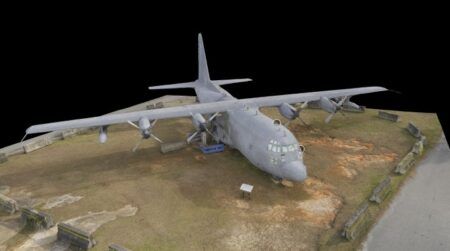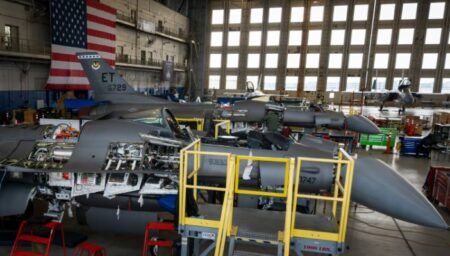Leonardo has completed a series of helicopter flight tests using autonomous flight systems provided by Switzerland-based company Daedalean.
The three-month flight test program took place at Leonardo’s facility in Lublin, Poland from July to September last year and used Leonardo’s SW4 and SW4 Solo RUAS/OPH helicopters. The testing, which was part of a 12-month long EU-funded project gave “outstanding results” according to Leonardo.
Daedalean’s detect and avoid (D&A) system uses a series of video cameras and machine learning (ML) software running on an onboard computer. It enables an aircraft to react, anticipate and maneuver to avoid other vehicles and objects in its environment during flight
The system can identify aerial traffic including birds and drones, determine location in GPS-denied environments, and offer landing guidance.
Mattia Cavanna, head of technology and innovation at Leonardo Helicopters said, “Leonardo is working towards prudently integrating AI in its products and services through both in-house developments and co-operations. Improving situational awareness through system like Daedalean’s in the near future could contribute to further prevent aviation accidents and progressively enable higher degrees of autonomy to our platform.”
Daedalean CEO Luuk van Dijk said, “Daedalean is proud to bring our experience creating machine-learned algorithms for aviation to such a prominent player in the world of aviation. It shows there is growing interest in the benefits machine learning can bring today to increase flight safety.”
Daedalean, which was founded in 2016 has been working on several R&D projects with partners to integrate and test its system, notably with US avionics firm Avidyne on PilotEye, a traffic detection system that tracks and classifies fixed-wing aircraft, helicopters and drones.
The company has also been working with regulators the FAA and EASA to certify its autonomous flight system. ML-based systems are yet to be used in civil aviation as regulators work on how the systems fit into design assurance processes and how to adjust the relevant standards.
“Daedalean has published multiple studies with regulators to evidence the fact that our machine-learned algorithms are capable of providing functions meeting and exceeding human capabilities,” van Dijk said. “As aviators and passengers become more familiar with AI-enabled systems, a future with autonomous flight becomes more attractive for the higher safety, lower cost, and increased capacity it will deliver.”




